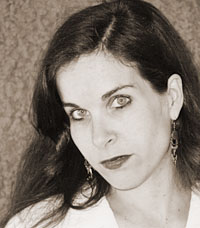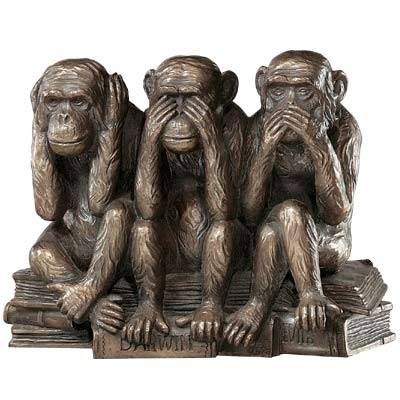In the short story “On Rainy River”, O’Brien writes about the consequences of one soldier’s actions. The story is about a young man who was drafted and was struggling with the decision of fight or flight. On one hand he could live his life and run to Canada, on the other he could do what was expected of him and follow his draft orders. This short story goes deeper than just this one soldier’s actions; it’s about having to make a life changing decision that affects everyone around you.
O’Brien was upset that he was drafted and was afraid of going to war. He got into his car and drove towards Canada. In his stop at an inn along the way, he met a man named Elroy Berdahl. In the end Berdahl helped indirectly make O’Brien’s life changing decision. These two developed a strange sort of relationship the few days that O’Brien was there. Berdahl never asked questions about his tenant, never judged. O’Brien claims that “-the man saved me. He offered me exactly what I needed, without questions, without any words at all” (pg 46). I believe that the man’s silence showed that he already knew why O’Brien was there and knew that he needed to make this decision on his own.
By Berdahl taking him out on the river towards Canada, he almost forces O’Brien to make his decision. The entire time though he stays near him silently showing support. I think that he understood that O’Brien needed to face reality and choose his path silently, yet not alone. When he chooses to go to war he is terrified. He knows that, “It has nothing to do with morality. Embarrassment, that’s all it was” (page 57). He’s embarrassed of not being able to do what is expected of him from everyone. I think that we all harbor this embarrassment from time to time. We all have to make decisions that may not be what we want, yet we do it because we are saving face from others. We do it because we don’t want to seem like a coward or a traitor. In the last line O’Brien says, “I survived, but it’s not a happy ending. I was a coward. I went to war” (pg 58). Either option that O’Brien would have chosen would have made him a coward to someone. He thinks that it was cowardice to go to war, yet everyone else at the time would have seen him as a coward for not going to war.
This is sad reality for anyone in that situation. They are forced to make decisions that they themselves regret all throughout their lives. I don’t feel that it was right to enforce drafts, forcing someone to choose their paths by government hands. It is a proud thing to serve your country if it is your choice to do so, but not as much if it someone forcing your hand.
Works cited from:
O’Brien, Tim. The Things They Carried. 1990. Paperback. 20 Sept 2010
Draft Picture: http://usmilitary.about.com/library/weekly/nl082499.htm







